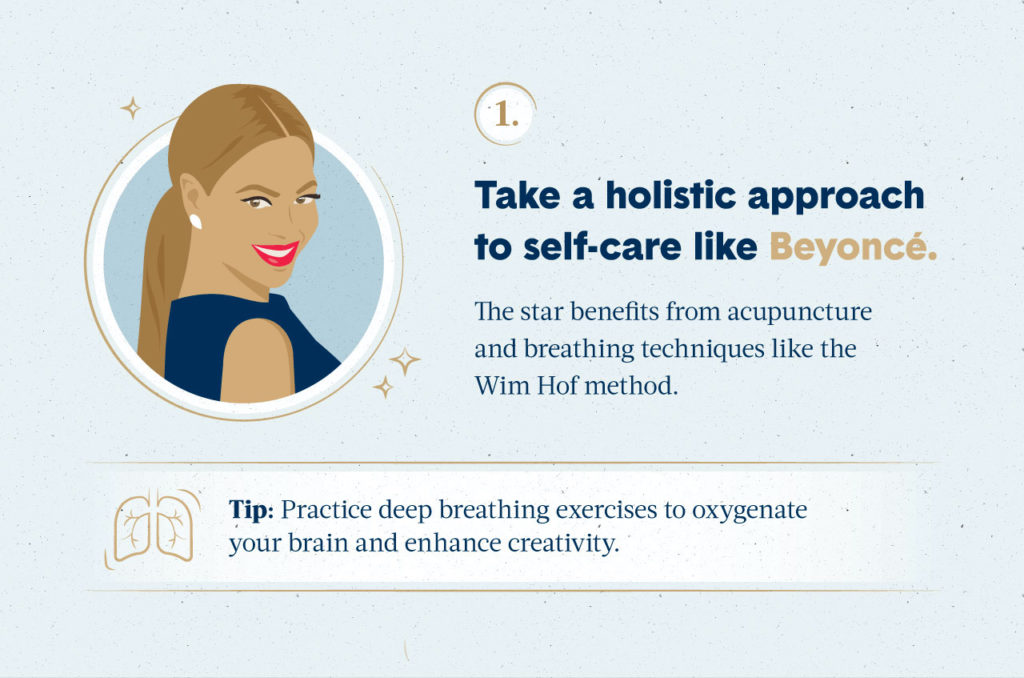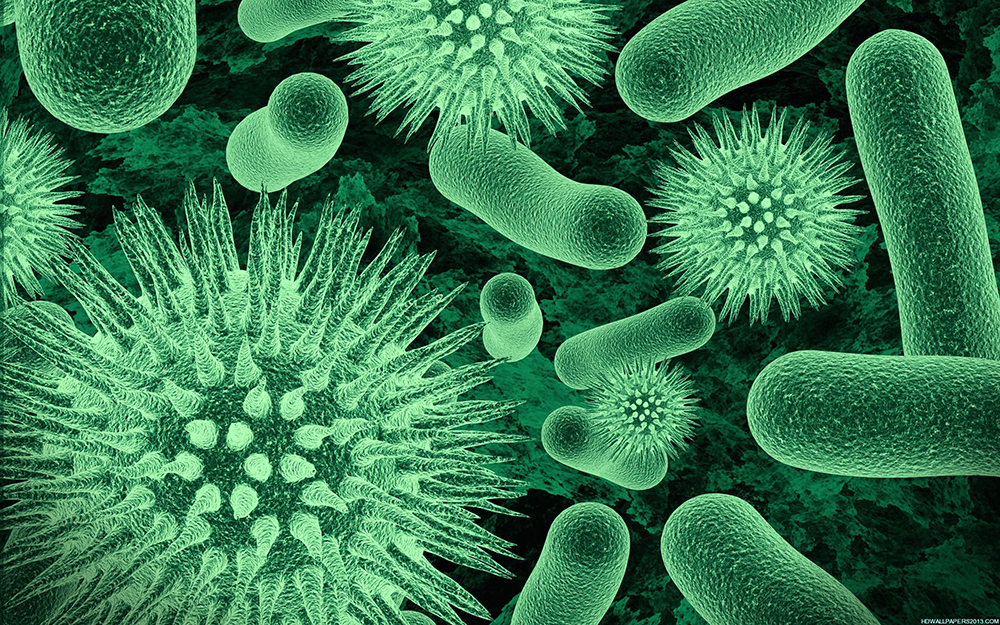
The key to achieving your athletic goals is choosing the right sport nutrition plan. You need to eat a balanced diet and not consume too many calories or too much protein. It's common to assume that carbohydrates are essential for athletes, but they're the most important component of a balanced diet. The proper balance of carbohydrates, proteins, and fats can fuel your body and help you achieve your goals.
Athletes should eat meals at least three hours before a competition or exercise, in order to allow their bodies to digest the food and minimize any gastrointestinal upset. A healthy diet should include plenty of carbohydrate, protein, and fat. It is important to limit intake of junk food and starchy vegetables. A balanced diet that includes lean meats, fruits and vegetables, as well as whole grains, is the best way to get sports nutrition. These foods are excellent sources of vitamins and minerals. However, they are not great sources for calories.

Carbohydrates should be the number one food an athlete eats before any event. They're the main source of energy, and foods rich in carbohydrates include milk, bread, cereal, grains, and fruit and vegetables. It is best to eat carbohydrates in small amounts and to avoid high-fat, high-protein meals. To get the best results, consume a high-carbohydrate meal at least two hours before an event.
A balanced diet rich with complex carbohydrates and healthy oils is essential for athletes. A balanced diet should include 45% to 66% carbohydrates and 10% to 30% protein. 25 to 35% of the calories should come from fat. It is vital to drink enough water before, during, or after a sport. You can optimize your performance by eating the right foods at just the right times. This will prevent muscle damage from oxidative and other forms of swelling. To improve recovery, athletes need to eat right and also take supplements.
Balanced carbohydrates and fats are the best diet for athletes. After digestion, carbohydrates are reduced into glucose, which the body's primary fuel source. It is converted into glucose, a type or fat that is stored as glycogen in the body. Athletes can boost their glycogen levels by eating carbohydrates and fatty foods prior to and after events. This will help them avoid dehydration.

Athletes must also consume adequate water. Good health requires adequate hydration. To sustain its activities and keep it hydrated, the body must have adequate sodium and fluids. This is the best approach to avoid cramps and enhance performance. Athletes should always keep their diet balanced with their training schedule. This is especially difficult for endurance athletes. This can also lead to headaches and cramps.
FAQ
Is Cardio Better Than Strength Training?
Both are equally effective. If you want to increase muscle mass faster, cardio is the better option.
Cardio burns more calories per hour than strength training, and also burns more fat.
Strength training helps build muscle mass. But it takes longer than cardio to accomplish this goal.
What is the best workout routine to build muscle?
There are two main things you must do when building muscle mass. These are called compound movements and isolation. Isolation exercises target particular muscles, while compound movements focus more on several groups at once.
You can improve your workouts by choosing exercises that challenge all major muscle groups. This ensures that each session is challenging.
An app called MyFitnessPal allows you to keep track of everything. It allows you log everything, including calories burned and weight lifted. You can also make custom meal plans according to your goals.
What is a good seven-day workout routine?
A seven-day program should include three days of cardio training (running, biking and swimming), two strength exercise (using free weights or weight machines) and one flexibility/core work out (yoga, Pilates). Each activity should be done at least once per week. Each session should last no more than 45 minutes.
Cardiovascular Exercises: Running, biking, swimming
The goal is to get in at least 60 minutes of cardio activities per week. Try to do 75 minutes per semaine for the best results. Cardio exercises can help improve blood flow and stimulate muscle growth.
Strength Training
Cardio exercises target the heart, lungs and muscles. Strength training targets the muscles, tendons and bones. Strength training builds lean muscle mass, which helps burn calories even when resting.
Flexibility and core workouts
To strengthen your whole body, flexibility and core work outs are excellent ways to do so. Yoga and Pilates are both excellent choices.
Is Egg good for man?
All the nutrients that the body needs are found in eggs. It supports strong bones, healthy heart, lungs, and stable blood sugar.
Eggs are rich in protein, vitamin A, B12 and D,E,K, as well as vitamins A,B12 and D,E,K, calcium, iron, phosphorus, manganese, copper, magnesium, and riboflavin.
The egg yolk contains high levels of cholesterol. The egg yolk does not contain saturated oil. Eggs have less saturated oil than many other foods.
They are also low-calorie and high in sodium. You can make them in any way you like. They can be cooked in a variety of ways: poach, saute, bake, hard-boil or fry.
They are very healthy and simple to make.
At least two whole eggs should be consumed each day. Avoid eating eggs.
Eggs provide essential nutrients needed by our bodies. Add eggs to your diet today.
Do I have to exercise while drinking alcohol?
Yes. Alcohol can increase energy expenditure, speed recovery time, and reduce soreness.
The insulin sensitivity of alcohol is also increased, which makes it easier for glucose to be absorbed.
Alcohol can cause dehydration. This can slow down your metabolism. It can also decrease testosterone production, which can affect muscle-building ability.
These are the reasons women should not drink alcohol before going to work out. Women who are heavily alcoholic should wait at minimum 24 hours before starting to work out.
The best thing for women who are pregnant is to avoid alcohol.
Men should limit their alcohol intake to just one drink each day.
What is butter good for?
Butter is one of the best sources of saturated fats. This fat is good for hair and skin health, as well as stronger bones.
Vitamin K, found in butter is an antioxidant that prevents bleeding from cuts. Vitamin K works together with vitamin C to prevent bruising.
Butter is also rich mineral, including calcium and phosphorous. These elements promote stronger bones and teeth.
Butter has its drawbacks. Butter contains high levels of cholesterol. A few studies have shown that too much cholesterol can increase the risk of developing coronary disease.
Butter is high in saturatedfat, which contributes both to obesity, and raises cholesterol.
If you have to have butter, spread it on bread instead of dipping it in soup or salad. Bread absorbs oil more than pasta or potatoes.
Do I have to exercise every single day?
No! Do at least 30 minutes of moderate intensity physical activity five days a week. It means you need to exercise hard enough or walk fast enough that you are slightly out-of- breath.
Statistics
- Cardmembers earn 5% Back at Amazon.com with a Prime Credit Card. (amazon.com)
- By John Thompson Take a whopping 38% off a set of PowerBlock Pros. (menshealth.com)
- According to the American Academy of Dermatology (AAD), men over 50 are at a heightened risk of developing it. (healthline.com)
- Get free shipping and 25% off today. (healthline.com)
- Are You One of the 20% of Guys (mh.co.za)
External Links
How To
How can I exercise to burn fat?
Exercise can help you burn calories and increase your metabolism.
Exercise at a moderate intensity to safely lose weight.
These tips will help you burn fat and keep fit while exercising.
-
Cardio exercises like walking, running (or jogging), swimming, cycling, running, and/or elliptical training are all good options.
-
Exercise for 30 minutes three times per week.
-
You can lose weight by adding strength training to the routine.
-
Avoid intense workouts. You can build muscle without breaking down muscle tissue.
-
Hydrate well during exercise. Water helps to flush out toxins from the body and maintains proper hydration.
-
After exercising, you should drink low-fat protein drinks. Protein shakes help repair muscles and boosts energy.
-
Take smaller meals throughout each day to avoid feeling hungry.
-
Don't skip breakfast! Skipping breakfast can cause you to feel tired and sluggish.
-
Take care of yourself mentally. Stressful situations can affect your metabolism.
-
Keep a positive attitude. Studies show that people who believe they are overweight gain more weight then those who think they are attractive.
-
Sleep enough. A lack of sleep makes it difficult to lose fat.
-
Active living is key. Be sure to get up and move around every hour or two.
-
Maintain a healthy diet. Eating right keeps you feeling full and satisfied longer.
-
Find relaxation methods. A tense mind doesn't allow your body to release stress hormones that break down muscle tissue.
A balanced diet contains all necessary nutrients for growth and development.
Instead of eating three large meals a day, eat six smaller meals every day. This gives your body time and energy to process the food.
You need about 500 milligrams of calcium daily to maintain strong bones. Calcium can be found as a dairy product such as milk, yogurt and fortified soy drinks, orange juices, cereals, breads, and cereals.
Calcium is found in green leafy vegetables, beans, tofu, seeds, nuts, and cheese.
Vitamin D is essential for calcium absorption. Vitamin D can be found in egg yolk, fatty fish, and other fortified foods.
Vitamin E plays an important role in skin health. Vitamin E can also be found in vegetable oil, wheat germ oils, peanuts as well almonds, sunflower seeds and corn.
Your body needs zinc for normal immunity function and wound healing. Zinc is found in seafood, oysters legumes meats, whole grains, whole grains and meats.
Zinc deficiency can cause fatigue, loss of appetite, depression, and impaired immunity.
Sugar intake can lead to insulin resistance which causes blood glucose levels to rise. Insulin resistance is linked to weight gain.
When there is a high level of free radicals, insulin resistance can develop. Free radicals are molecules with unpaired electrons that damage cell membranes and other parts of the body.
Free radicals come mainly from food additives, pesticides, herbicides, preservatives, smoking, air pollution, radiation, chemicals in cosmetics, lotions, and household cleaning supplies.
Free radical damage can cause cancer, heart disease and diabetes, as well as arthritis, asthma, and other diseases.
Eating a well-balanced diet with antioxidants is the best way to prevent free radical damage. Antioxidants protect against oxidative damage.
Vitamin C can be found in citrus fruits. Beta carotene can be found in carrots. Sweet potatoes. Tomatoes. Carrots. Sweet potatoes. Spinach. Broccoli. Cantaloupe. Vitamin E is found in nuts. Olive oil, avocados.
Selenium, manganese (and zinc) are other antioxidant nutrients.
Selenium is known to protect cells from the oxidative damage that free radicals can cause. Selenium is also found in Brazil nuts.
Copper protects the eyes, brain, lungs, liver, and red blood cells. Copper is found in shellfish, poultry, meat, and organ meats.
Manganese forms an essential part of bone structure. Manganese is found as a component of bone structure in brown rice (spinach, bananas), prunes, raisins and oatmeal.
Zinc is important for healthy growth, reproduction, and wound-healing. Zn is found in lean cuts of meat, white fish, poultry, and eggs.